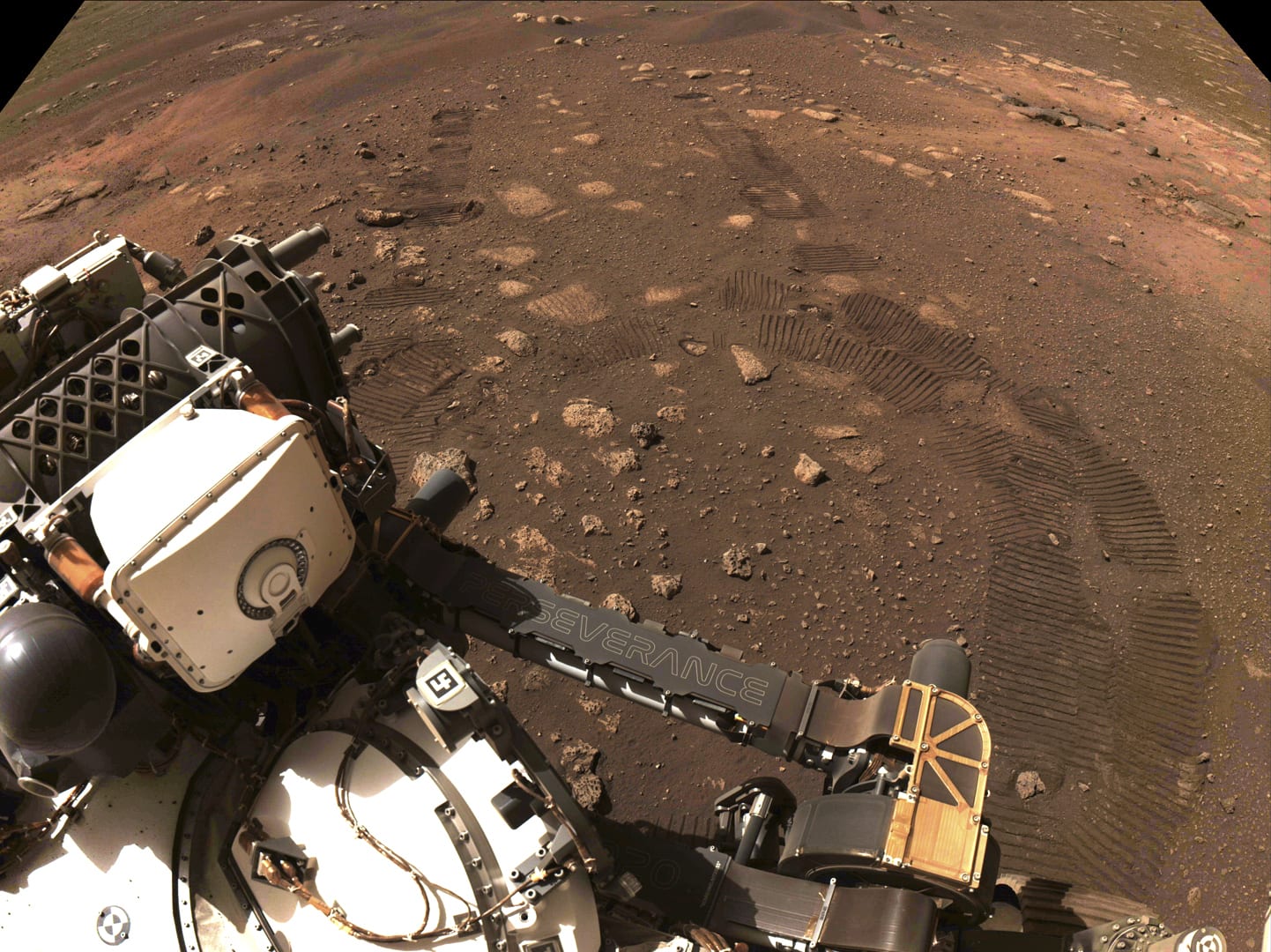With China’s Mars landing this weekend, joining a U.S. Mars rover on the surface, questions about life existing on the Red Planet abound.
In a story from The Hill, though, a new thought has worked its way to the forefront: NASA may have had a hand in forms of life now found on Mars.
A scientist from Cornell said life discovered on Mars might have actually “originated on Earth in NASA labs.”
As part of an article written for the BBC, professor Christopher Mason said it’s because – even with stringent guidelines on the cleaning processes and on spacecraft assembly in specialized rooms – various bacteria, fungi and viruses are almost impossible to eradicate completely.
“But, it is almost impossible to get to zero biomass on a spacecraft,” Mason wrote. “Microbes have been on Earth for billions of years, and they are everywhere. They are inside us, on our bodies, and all around us. Some can sneak through even the cleanest of clean rooms.”
Mason did a couple of recent studies that explained how the microscopic organisms could escape the cleaning process and survive the trip to Mars.
And how they can grow while in space.
“It turns out that clean rooms might serve as an evolutionary selection process for the hardiest bugs that then may have a greater chance of surviving a journey to Mars,” he wrote.
The NASA rover up there now, Perseverance, could have been a vehicle for the “new life” on Mars.
Insider also reported that Mason, a professor at Weill Cornell Medicine, warned microbes can “wreak havoc” at a new ecosystem and could threaten an astronaut’s health.
NASA scientists are aware that tests may be needed to ensure findings are Martian in origin.


















Add comment